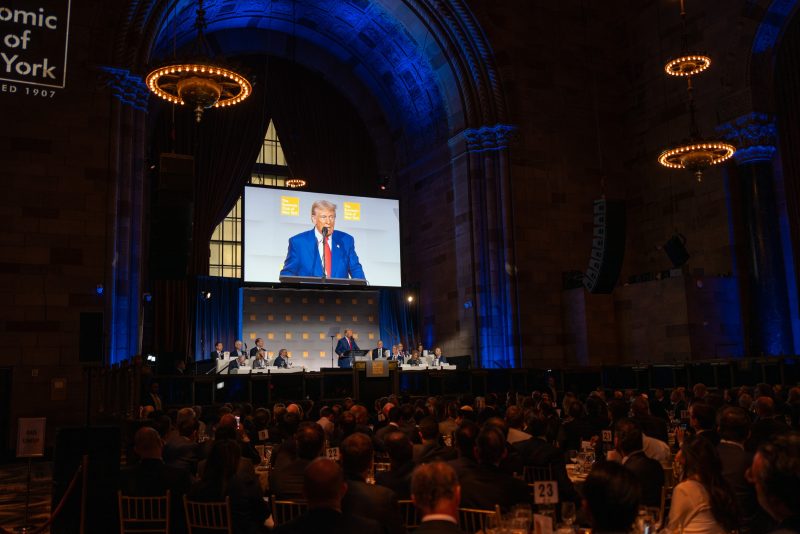The recent spate of increasingly extreme threats made by former President Donald Trump against global trade deals has caused ripples of concern among many policymakers and economists. Trump’s penchant for bombastic rhetoric and fiery threats has been well-documented throughout his political career, but the latest escalations have raised eyebrows even within his own party.
At the heart of the matter is Trump’s belief that the United States has been taken advantage of in various trade deals, leading to a significant trade deficit and loss of jobs. While there is certainly merit to the argument that the U.S. should strive for fairer trade terms, Trump’s approach of using threats and punitive measures has been met with skepticism by many experts.
One of the most alarming aspects of Trump’s recent outbursts is the impact they could have on global stability and economic growth. By engaging in aggressive rhetoric and threatening to pull out of key trade agreements, Trump is creating uncertainty in the markets, which could lead to increased volatility and harm the global economy.
Moreover, Trump’s confrontational stance on trade has strained relationships with key allies and trading partners, further complicating efforts to reach mutually beneficial agreements. This isolationist approach runs counter to the interconnected nature of the modern global economy, where cooperation and compromise are often necessary to foster prosperity for all parties involved.
The Republican Party, traditionally seen as a champion of free trade and open markets, has largely downplayed Trump’s threats and instead emphasized the importance of maintaining a stable trade environment. Many GOP leaders have tried to distance themselves from Trump’s more extreme positions, recognizing the potential damage they could inflict on the economy.
While some Republicans have voiced support for Trump’s tough stance on trade, there is a growing sense within the party that a more measured and diplomatic approach may be necessary to address trade imbalances and protect American interests. Finding a balance between promoting economic growth and safeguarding the country’s trade relationships will be a key challenge facing policymakers in the coming years.
In conclusion, Trump’s increasingly extreme threats to global trade have raised concerns about the stability of the international economic system and strained relationships with key allies. The Republican Party’s response to these threats has been mixed, with some members voicing support for Trump’s aggressive stance while others advocate for a more cautious approach. Ultimately, finding a way to address trade imbalances without resorting to harmful rhetoric and punitive actions will be essential for ensuring a prosperous and stable global economy.
